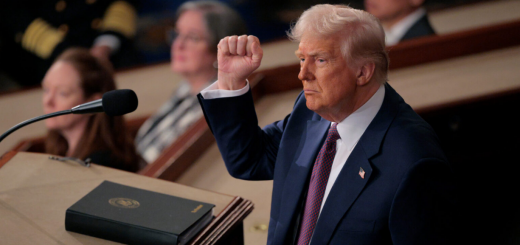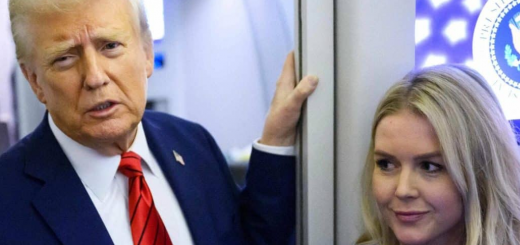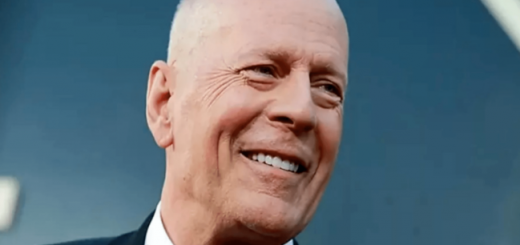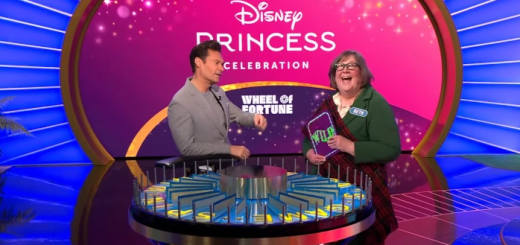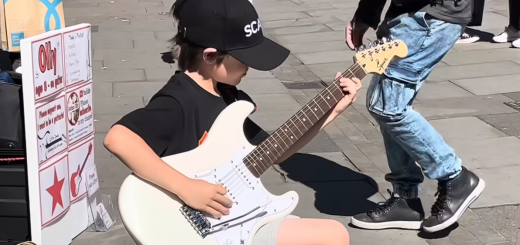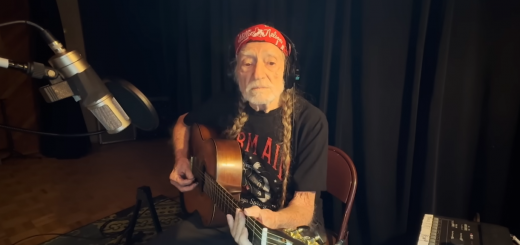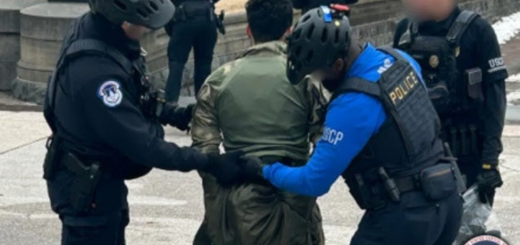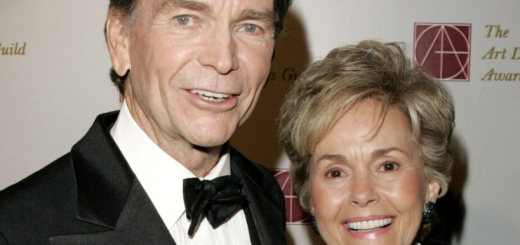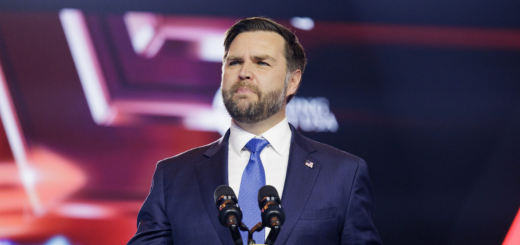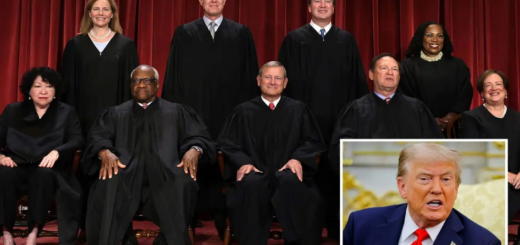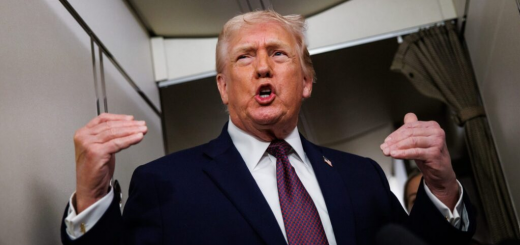Biden’s Pardons for Fauci, Cheney & Others Spark Legal Debate—Could They Backfire?
In a bold final move before leaving office, former President Joe Biden issued a series of last-minute presidential pardons to several high-profile individuals—among them, Dr. Anthony Fauci, former Rep. Liz Cheney, Gen. Mark Milley, and other members of the Jan. 6 Committee.
While the decision was intended as a protective measure against potential political retaliation from a second Trump administration, legal experts say the strategy may come with unexpected consequences.
Pardons With Limits
Legal professionals quickly pointed out that presidential pardons, while powerful, are not absolute shields.
According to attorney Jesse Binnall, the clemency granted does not protect recipients from having to testify under oath if subpoenaed by Congress, especially if Republicans regain full control.
Binnall emphasized, “These pardons remove the ability to invoke the Fifth Amendment, which protects against self-incrimination—so if any of them lie while testifying, they could still face perjury charges.”
Questions Over Jurisdiction and Venue
Critics on social media, including retired Army officer and author Kurt Schlichter, suggested that potential legal proceedings should be moved out of Washington, D.C., citing concerns about political bias. “Washington D.C. is not a neutral venue,” Schlichter argued, urging future hearings or depositions to be held elsewhere to ensure fairness.
Not a Free Pass
Former Arizona state legislative candidate Josh Barnett also weighed in, clarifying that blanket pardons don’t cover future crimes.
He noted, “A pardon typically applies only to offenses committed before the date it was issued. If new evidence of wrongdoing emerges—or if new crimes occur—those would not be protected.”
This nuance is especially relevant in the case of Gen. Milley, who was previously criticized for allegedly assuring a Chinese official he would warn them of any U.S. military action during Trump’s final days in office.
If such actions are investigated in the future, the pardon may not apply.
Trump Responds
In a recent Fox News interview, Donald Trump blasted the January 6 Committee, calling its members “political thugs” and accusing them of destroying key evidence from the investigation. He claimed that Biden’s pardons now prevent any future legal action against the committee members.
“They burned every document,” Trump alleged, “and then Biden gave them all pardons. We can’t even go after them now.”
Despite the fiery rhetoric, legal experts maintain that pardons don’t erase accountability—especially not in civil or congressional inquiries.
While the recipients may be safe from prosecution for past actions covered by the clemency, they are still legally obligated to cooperate with ongoing investigations and remain vulnerable to charges like perjury or obstruction.
Final Thoughts
While Biden’s move was likely made with good intentions—to avoid political witch hunts—it has opened the door to legal complexities that may not be easy to shut.
The coming months may reveal whether these pardons truly protected their recipients, or whether they’ve simply shifted the legal battleground.


